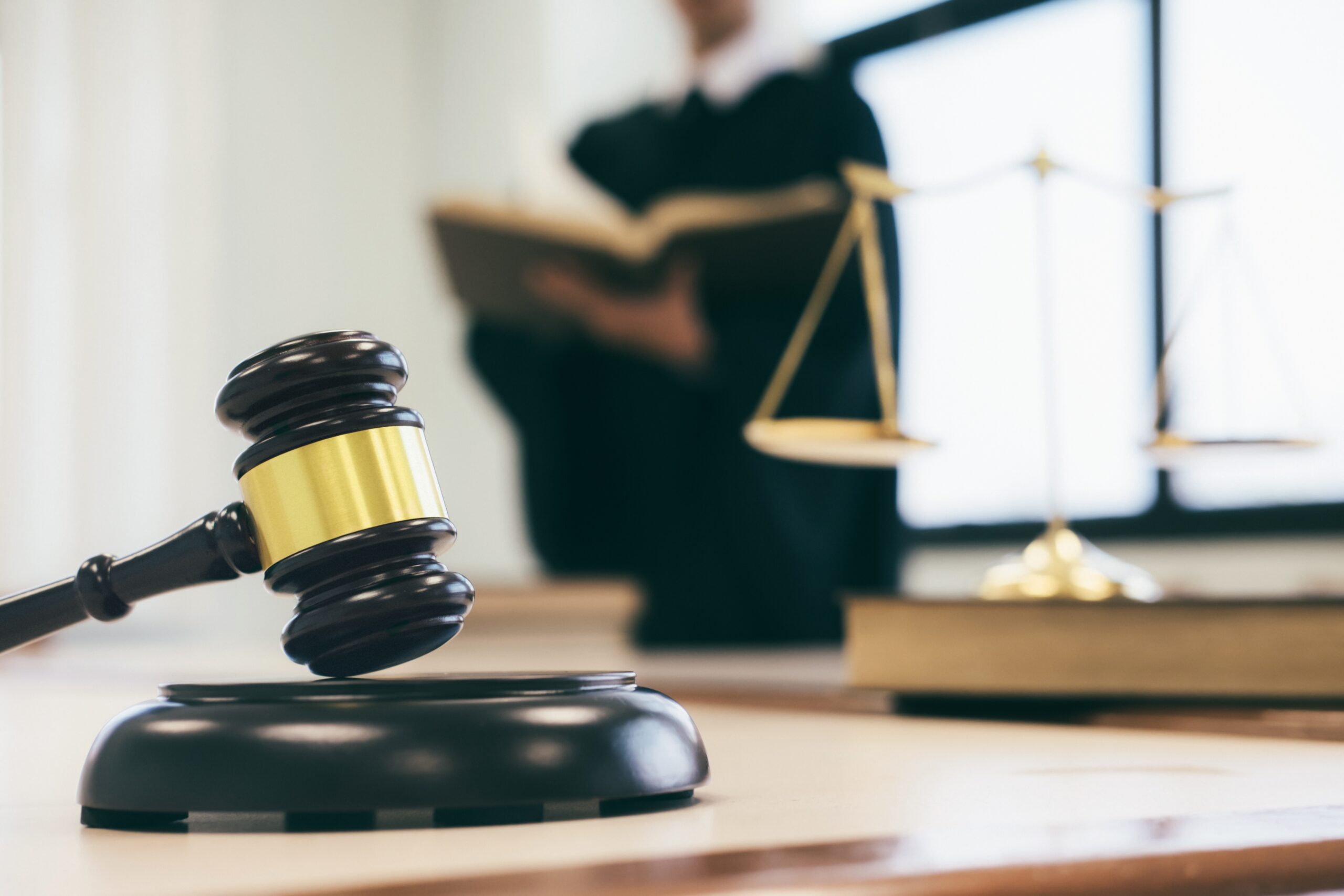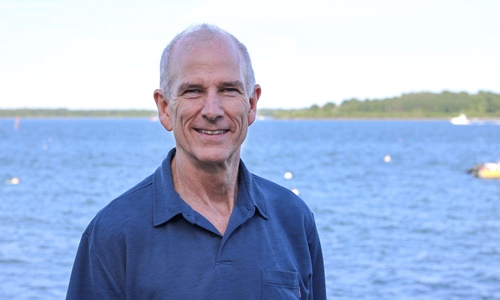
According to the uncertified results, 2,776 residents voted to approve and 1,395 voted to reject.
NORTH KINGSTOWN – In a Special Election on Tuesday, North Kingstown voters rejected a referendum that asked residents to decide on a $7.5 million bond for the renovation and restoration of the town hall building located on Boston Neck Road.
According to the uncertified results, 2,423 residents voted to reject the bond referendum while 1,749 voted to approve, with a total of around18 percent of registered voters turning out for the special election.
The town hall, which was built in 1888, was vacated in 2016 and has remained out-of-use since, with town employees being housed at the municipal offices on Fairway Drive.
Last year, voters approved a bond that included $5 million toward the restoration of the town hall building, however, an architectural firm hired by the town, DBVW Architects, estimated that a complete renovation would cost around $12.5 million. And because of the full-scale estimation in DBVW’s feasibility study, the town council approved the special referendum to take place, asking voters to consider the additional $7.5 million for the complete renovation.
If it had been approved, the plan would have included the demolition of two non-historic additions to the original building, which would be replaced by a larger, two-story addition. The new addition would add 16,000 square feet to the building.
A new roof and several improvements to the exterior and interior of the building would have also been part of the plan, as well as an expanded parking area at the Veteran’s Memorial Park site across the street from the building, resulting in a new parking lot where the park is located.
The proposal would have also seen all town employees return to the town hall building.
Town manager Ralph Mollis said that the immediate steps following the results of the Special Election would be for him to present a plan to the council, which would involve having construction plans drawn up to be put out to bid, in order to see what could be accomplished with the already approved $5 million bond.
In DBVW’s feasibility study, a $5 million plan for partially restoring the town hall building was also detailed, which included making the building Americans with Disabilities Act (ADA) accessible and renovations to the council chambers, meeting rooms and offices space.
Mollis added that while the council could have a different vision for how the funds would be spent, the $5 million would nevertheless be put toward the town hall building.
Council President Greg Mancini, who was a proponent of the $7.5 million bond referendum and a full-scale renovation of town hall, said that, while voters ultimately rejected the referendum, he was still encouraged by the relatively large number of residents who participated in the Special Election.
“When I started running for office, one of the things I wanted to see was increased participation by local residents from our community,” Mancini said. “That’s what happened in this case and I’m happy with that.”
A major issue for voters, Mancini said, was the fate of Veterans Memorial Park, which showcases monuments to fallen soldiers. However, if the $7.5 bond referendum had been approved, parking would have been expanded at the site, which could have resulted in moving the monuments to another area, such as the town hall property or Updike Park.
“The issue with Veteran’s Memorial Park, I think, drove a lot of the sentiment of many of the voters,” Mancini said. “That’s the anecdotal information I’ve heard.”
Mancini also questioned the accuracy of the information that had been circulating about Veterans Memorial Park, specifically regarding the deed restrictions for the site.
Going forward, Mancini said that the fate of the town hall would have to be decided over time.
“For the present time, we’re going to be able to spend $5 million on the building to be partially renovated,” he said. “I’m not sure how many days it’s going to be occupied or utilized, but other than that I’m not sure.”
Councilor Richard Welch, who voted against putting the referendum on the ballot and was not in favor of the $12.5 million dollar plan, also said he was pleased to see so many people who turned out for the election, especially in the rain.
“I’m glad that the people came out in the rain and whatnot and showed us what they wanted to do,” Welch said. “That’s important. A lot more people voted than in any past special election that I’m aware of.”
He also said that, however, the council will proceed in determining what, exactly, is to be done with the town hall building, the public will have a chance to review the plan before it comes to a vote.
And councilor Mary Brimer said the results of the special election confirmed what she had expected–that a majority of residents would disapprove of the additional bond. Brimer, who was not in favor of the $12.5 million full-scale renovation of town hall, still supported the referendum taking place, insomuch as it would allow voters to make the decision for themselves.
She said that, while a group of residents had spoken at previous council meetings to voice their support for the $7.5 million bond referendum, she had personally spoken to other residents throughout town who said they were against it.
“The problem is, I can go around and knock on a lot of doors in many different areas throughout town and speak with people and have a good idea of what their feelings are,” Brimer said. “But when there’s a small group from a centralized area, that are consistently present [at meetings] and speak, they’re the ones that are heard. I’m hearing from one group but I know from my personal experience with the rest of the residents around town that they feel something different.”
“I needed this to go to a Special Election to confirm what I thought I had already heard clearly from residents,” she added. “I supported putting it out to the people, to let the people decide which direction we were going in. I needed them to confirm what I already believed to be true.”
Brimer also said that she commended the residents and groups who advocated for the bond referendum.
Now that it’s been rejected, she continued, the issue can be put back on the agenda “immediately,” so that the members of the council could discuss how they’re going to move forward with the renovation and restoration of the building.
She went on to say that she was in favor of a private investor or group taking over the building because, “when a municipality owns a historic building, that building will always be subject to being victimized by a budget cut.”
She pointed out that private investors and endowments can more easily apply for grants, while also being eligible for tax credits and special financing, making their ownership of a historic asset “much more affordable than it is for a municipality.”
“By their nature, [historic buildings] are expensive to own and maintain,” Brimer said. “It’s done much better with private money and endowment money.”
The Special Election also included a second question, asking voters to allow the town to lease land for up to 25 years for a public/private partnership renewable energy project, which voters approved.



